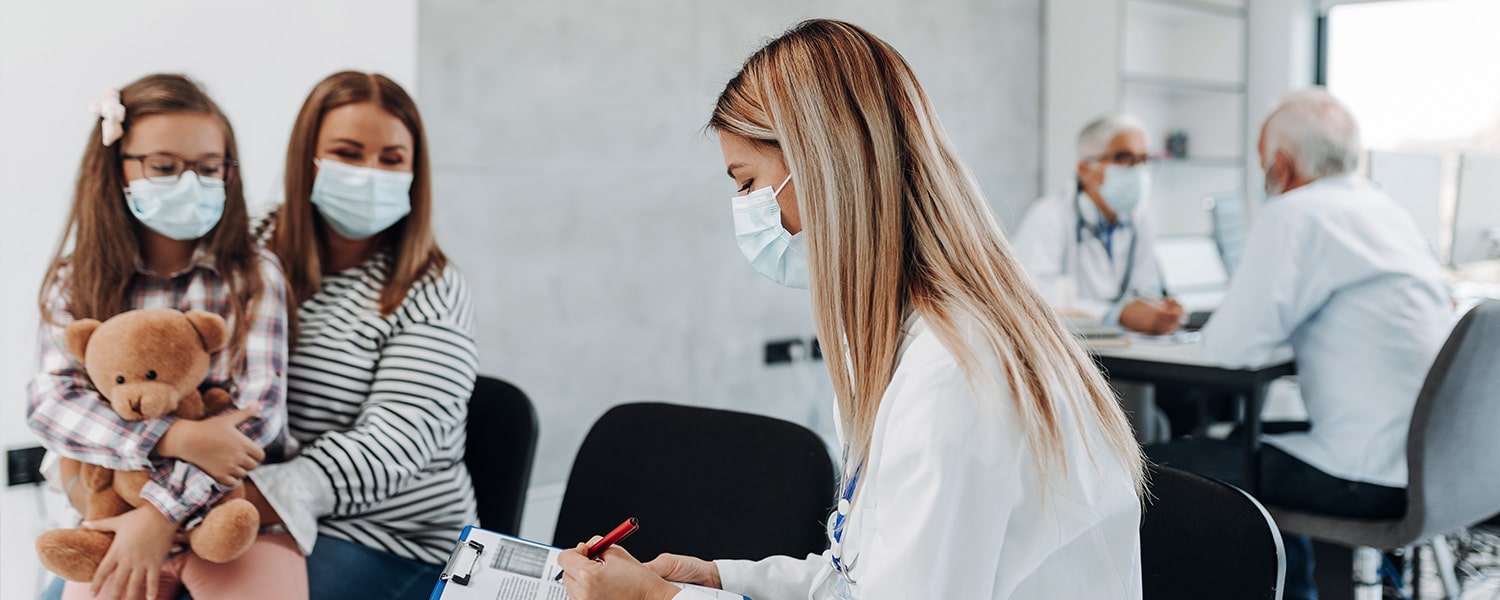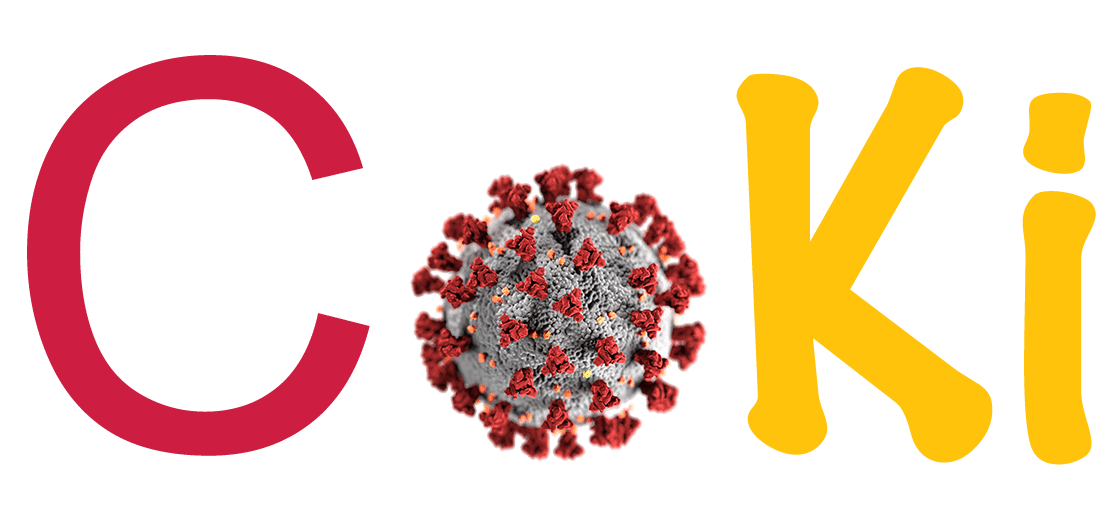

Interim result of the study
Dear parents, dear teachers and educators, dear doctors!
Our data collection on side effects of mouth-nose covering (mask) in children is explicitly about the recording of side effects. There is something similar from the Paul Ehrlich Institute for the recording of adverse drug and vaccine reactions (https://nebenwirkungen.bund.de). Thus, it is a reporting system for those who wish to report complaints
wish to report – although it is also possible to report that no complaints exist. A preponderance of those reporting problems is therefore in the nature of such registries. However, an adverse event registry initially tells us little about causal relationships between reported complaints and the suspected causes.
Our research reveals that there are indeed children who have difficulty wearing the mask. Some of the difficulty arises from the type and nature of the masks and the length of time they are worn. We have also seen that parental attitudes toward the mask have an impact on children’s reported tolerance of the mask, both positively and negatively. Because the evidence base in children is still very poor, there are different opinions regarding the need to wear a mask depending on the age group and situation. While work is underway to improve this evidence base, regulatory mandates still exist.
Wearing the mask becomes particularly troublesome for children when parents pass on their doubts to the children. On the other hand, there are parents and teachers who force children to wear masks that are not tolerated or allow insufficient fresh air breaks. Both sides must be considered.
Recommendation: For the benefit of the children, parents, teachers and educators should exude a positive attitude towards the mask as long as it is necessary. Children who have problems with the mask should be taken seriously and not socially excluded or pressured. The harm that can result from coercion must be put in proportion to the increase in risk from not wearing the mask.
What the study says and what it doesn't say:
- 68% of submitters reported that their children complained about wearing masks.
BUT: this is a side effect registry, similar to the Paul Ehrlich Vaccine Side Effect Registry. Therefore, people whose children do not have side effects are are also less likely to participate in this survey. Thus, there is a systematic overweighting of those reporting complaints. The link to the registry also reached social media forums that criticize the government’s Corona protections, which is reflected in reflected in the attitudes expressed about the government’s Corona protection measures. - The information relates to suspected cases of side effects, i.e. events that have been observed by your parents but are not necessarily related to or caused by the mask. They are therefore initially conjectures whose causal relationship must be verified.
- The most frequently expressed side effects included irritability (60%), headaches (53%), difficulty concentrating (50%), less cheerfulness (49%), dislike of school/kindergarten (44%), malaise (42%) impairment in learning (38%), and drowsiness/fatigue (37%). In addition, 25% of children developed new anxiety. These symptoms may reflect the children’s overall situation and are not necessarily caused by the mask alone.
- Both the gender distribution and the distribution of participants by state, as well as the distribution of symptoms by age, indicate a representation of users in terms of geographic regions and gender. In the free-text entries, the data sets testify to a differentiated approach. They provide a balanced overall picture of the complaints with a plausible symptom spectrum and a well comprehensible description of the impairments observed in children in connection with the mask.
- In the free text entries, the data records testify to a differentiated approach of the users and, on the whole, provide a balanced overall picture with a plausible symptom spectrum and a well comprehensible description of the impairments observed in children in connection with the mask.
- Just under a quarter of the primarily anonymous participants gave their name and e-mail address, of which around 85% proved to be valid when checked, testifying to the seriousness of the entries. In individual cases, participants were asked to validate their entries.
- Additional investigations are taking place in order to be able to present further more robust data on the health situation of children in Germany with regard to the wearing of mouth-nose protection in the foreseeable future. The register questionnaire will be expanded and validated on the basis of the new symptoms entered by parents in the free-text data.
Attention: We research the current situation neutrally and will publish the results peer reviewed. We are not anti-mask opponents and do not belong to any political organization or have any political affiliations.
